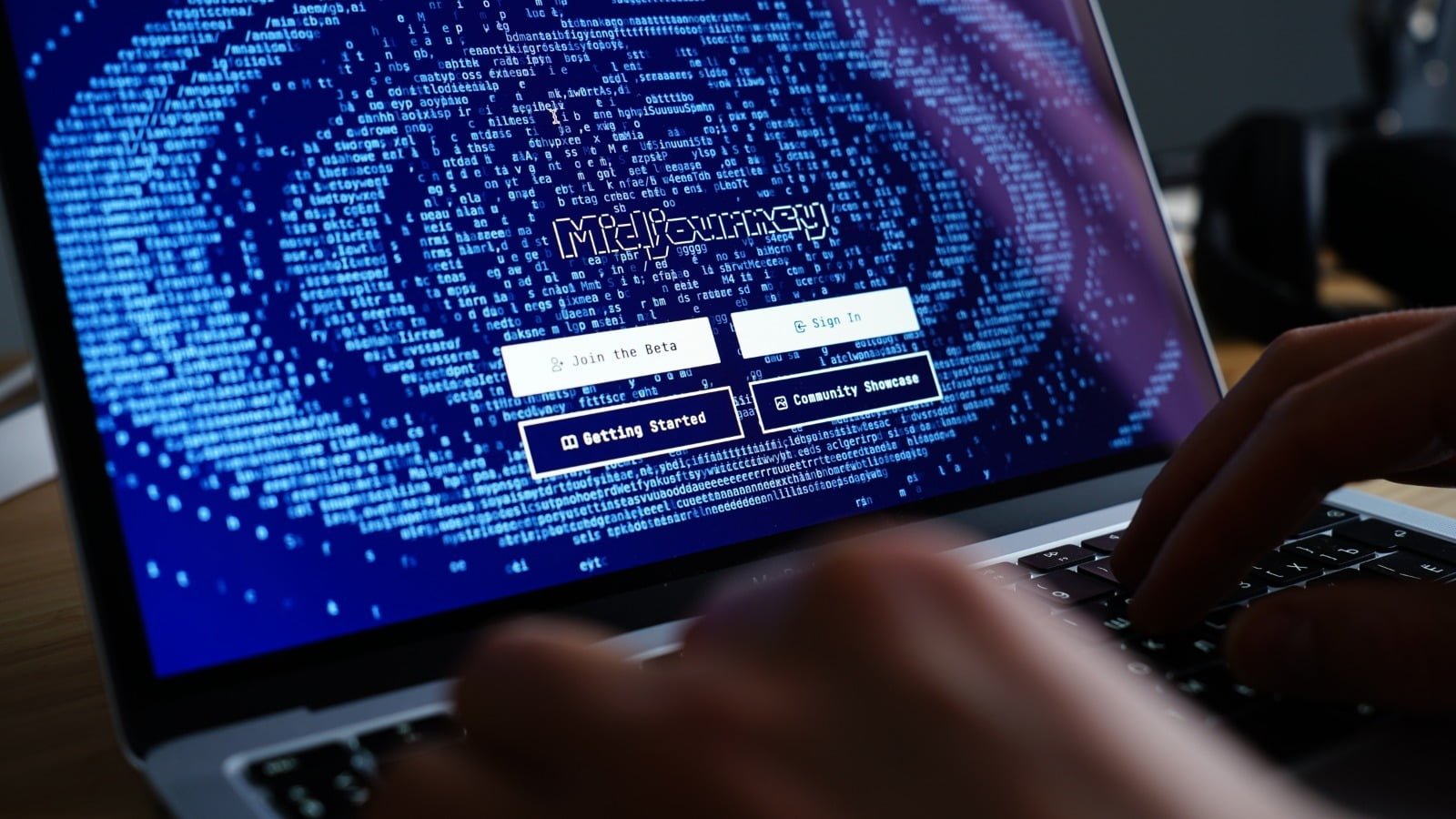Due to abusive use, the Midjourney artificial intelligence application is shutting down its free image generation service. In recent weeks, several AI-created deep fake images have made their way across the internet and caused a lot of confusion.
David Holz, CEO of Midjourney, announced on Discord that the company would end free access to the program because of “extraordinary demand” and “abuse” by users.
Users must pay at least US$10 (about R$52) per month to generate images from text. This can also be used to monitor usage since it is easier to see where images come from with paid accounts.
In Holz’s opinion, the biggest difficulty is that the AI model has evolved to a point where it generates extremely realistic images. The goal is to use the money raised from subscriptions to improve moderation and better detect abuse.
Midjourney in the spotlight
A photo of former US President Donald Trump in prison and Pope Francis in a stylish coat went viral worldwide. Although the forgery was immediately identified, many people were confused by the photos.
This puts Midjourney in a very negative light. The platform even blocked specific terms to avoid images based on personalities.
This app must block certain keywords, such as celebrities, politicians, and other real people. OpenAI prevents content about political events, sex or eroticism, and conspiracy theories.
Stable Diffusion, the competitor from Stability AI, blocks content deemed NSFW (meaning “inappropriate for the workplace”), which includes violence, sex, drugs, and other inappropriate topics. To prevent misgeneration, the service also blocks words related to such topics.
AI content moderation
Even with such measures, creating misleading content using other devices is still possible. As with text chatbots, there is immense difficulty in moderating AI content because people are looking for alternatives to circumvent the constraints.
Another factor that worries the sector a lot is copyright theft. Artists worldwide complain about having their style reproduced by robots and sold by malicious users.
The challenges are beginning, and banning free usage will unlikely solve the problem.










